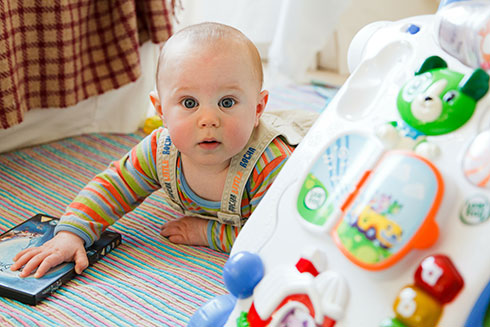When heading out for that special date or occasion, it’s easy to forget to brief the babysitter on child safety. Leaving an emergency phone number is great, but giving your sitter a few safety tips is even better. Not every child care individual signs up for babysitting courses such as CPR certification or Safe Sitter courses.
Leaving your caretaker with a greater awareness and a few preventative steps could save your child’s life. So here are a few top tips when selecting your children’s next caregiver, as well as preparing them for their shift.
Finding A Sitter
- TRUST. Try to find a sitter you trust and already know, such as a family friend or family member. You can also check references if you do not know them personally or ask for recommendations from friends who have used their service.
- CPR/FIRST AID. It would benefit your child to hire a caregiver who knows CPR and First Aid. If the babysitter you already use is not certified in either of these, you could suggest they take a class such as the American Red Cross babysitter class.
Prepping Your Sitter
- Remind the sitter that infants should not be placed on an adult bed of any kind
- Remind them of the ABCs of Safe Sleep: babies should always be placed to sleep alone, on their back, and in a crib. This includes a crib free of bedding, toys, pillows, quilts, etc.
- Be sure the babysitter knows the signs of illness in an infant, including changes in skin color, sweating, nausea or vomiting, and diarrhea
- Be sure the babysitter knows where you keep the fire extinguisher and first aid supplies
- Provide emergency contact information including your or your spouse’s mobile number, a neighbor’s information, and the Poison Control Center number: (800) 222-1222
- Infants should not play with small items such as toy parts and game pieces that pose choking hazards.
- Remind them to keep the bathroom door closed and the toilet seat down when not using them
- Children should never be left alone in the bathtub, on the changing table, or anywhere else in the home unless to sleep in their crib or their own bed.
- Remind the sitter to bring the children should she or he need to leave the room, such as to answer the telephone or the door.
- Instruct your babysitter on food safety and medicine dosage. If your children should or should not eat specific foods, let them know. If medication must be taken, inform the sitter of dosage requirements. If your child does not regularly take any sort of medication, tell the sitter not to use any without consulting with you first.
- Explain any food restrictions, allergies, or intolerances. Ensure the sitter understands proper food portion and bite sizes depending on your children’s ages.
- Remind them to put away all poisonous or hazardous products after use, such as cleaning products and medications.








